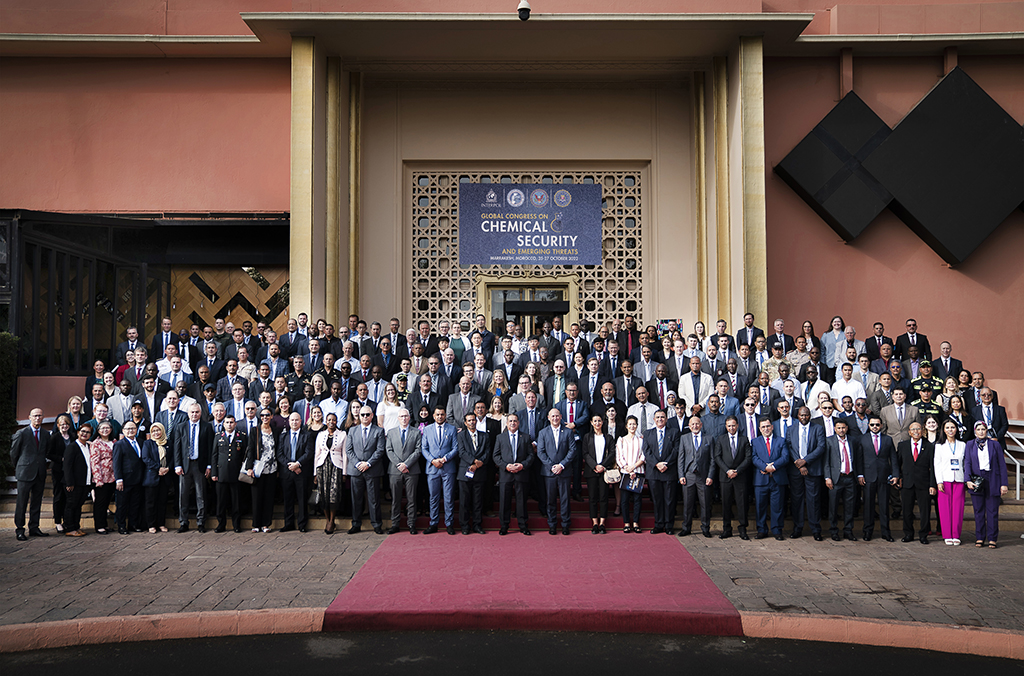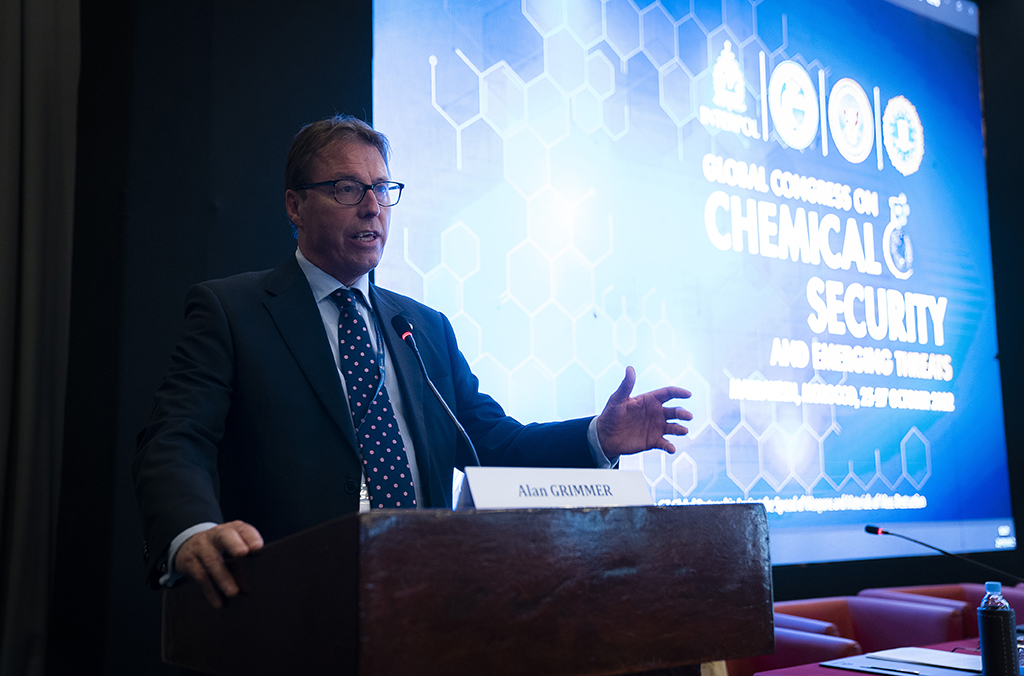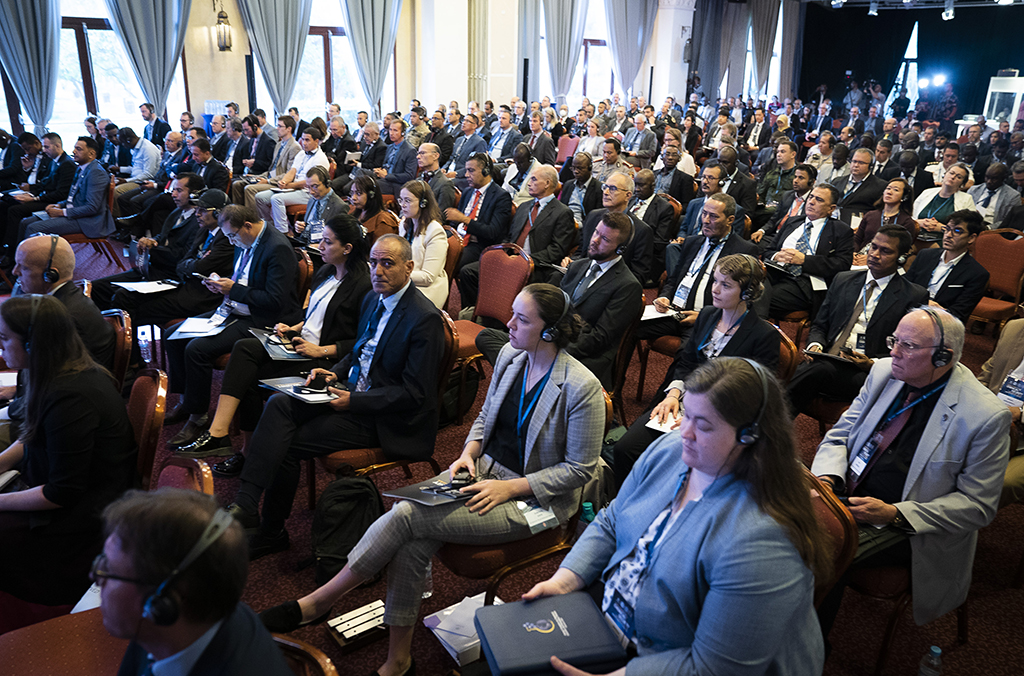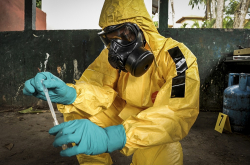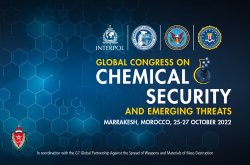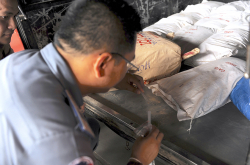MARRAKESH, Morocco – The devastating impact of chemical weapons and explosives used in acts of terrorism continues to affect civilian populations and is well known for its destructive and long-term harm.
Last year over 1,000 improvised explosive device (IED) attacks were conducted by non-state actors, injuring over 7,150 people in more than 40 countries. Many attacks come from chemicals that criminals acquired through weak points in the supply chain – from manufacturing to storage and retail– and made into weapons.
To counter this threat, some 220 chemical security practitioners from more than 70 countries met at INTERPOL’s 3rd Global Congress on Chemical Security and Emerging Threats (25-27 October) to find ways of reducing vulnerabilities by enhancing multisector cooperation and collaboration.
With a focus on acquisition, transportation, physical and cyber security of chemical materials, the meeting highlighted a range of security issues, such as detecting cross-border movements of regulated material and implementing regulatory frameworks.
Terrorists’ misuse of e-commerce and new technologies
The Global Congress also explored ways to counter emerging threats including terrorists’ misuse of e-commerce and new technologies to acquire toxic and precursor chemicals.
Due to the substantial growth and access to the Internet in recent years, so too we have seen an increase in digital content produced and shared through platforms such as instant messaging, social networking, blogs and online portals. The misuse of technologies can be seen as a result of this rapid growth in content, and with it a rise in suspicious activities.
Law enforcement agencies provided examples of investigative techniques that could be used to identify and prosecute the illicit purchase or sale of chemicals on the Dark Net. These lessons provided delegates with solutions to address the use of sophisticated technologies for nefarious purposes.
"The concerted effort of global law enforcement, along with our partners, is key to combatting the use of explosive precursor chemicals and chemical weapons,” Mr Hinds added.
Dual-use and precursor chemicals have a wide legitimate function in the production of consumer goods such as pharmaceuticals, cleaning supplies and fertilizers. This raises significant challenges to prevent and monitor, and remains one of the inherent threats to chemical security worldwide.
INTERPOL awareness video - ‘The Watchmaker’
In this context, an INTERPOL-produced awareness video was premiered at the meeting to engage a broad spectrum of stakeholders in understanding the importance of individuals and companies to secure dangerous toxic chemicals, including equipment.
Entitled ‘The Watchmaker’, the video highlights the need for multisector cooperation to combat these threats and will be used in a series of INTERPOL capacity building workshops and other activities related to counter-terrorism and prevention.
“Multisector collaboration is essential for us to tackle the threats we face from criminals who gain access to dangerous chemicals with malevolent intentions. Morocco is committed to strengthening the engagement of these issues as part of our proactive approach to combating terrorism,” said Mr. Mohammed Dkhissi, Head of National Central Bureau, Rabat.
Other measures proposed by the Global Congress Network include:
- Advocating chemical security recommendations such as increased retail reporting on suspicious activity;
- Expanding the INTERPOL-hosted Global Knowledge Hub, which allows members to engage in interactive discussions and access good practice guidance;
- Strengthening the Global Congress Network through greater diversity of expertise and activities across regions and sectors;
- Promoting decision-making tools such as a customer database, which can flag areas of security concern.
Since its inception in 2018, the Global Congress has been jointly led by INTERPOL, the US Cybersecurity and Infrastructure Security Agency (CISA), the US Defense Threat Reduction Agency (DTRA) and the US Federal Bureau of Investigation (FBI), and implemented in cooperation with the G7 Global Partnership Against the Spread of Weapons and Materials of Mass Destruction.
Learn more about our work on chemical terrorism prevention on our website via the links below.
Related news
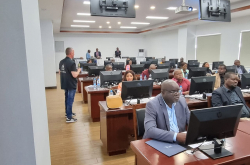
Border security threats focus of STOP operations in Africa
8 December 2023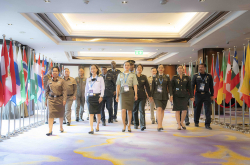
Sharing information critical to tackling chemical threats
19 October 2023




